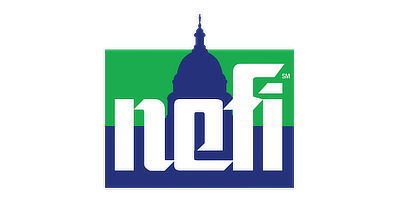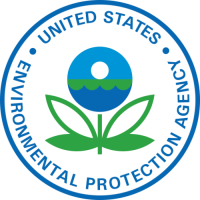President Trump signed congressional resolutions of disapproval rescinding EPA waivers that allowed the California Air Resources Board to impose vehicle emission standards stricter than federal requirements.
The rescinded waivers prevent California and ten other states from enforcing the Advanced Clean Trucks (ACT) rule, which would have required truck manufacturers to sell zero-emission vehicles as an increasing percentage of annual sales from 2024 to 2035. The waivers also enabled states to adopt strict NOx emission rules for heavy trucks and effectively ban gas-powered car sales by 2035. Maryland, Massachusetts, Vermont, and Oregon had already delayed implementing ACT requirements due to federal efforts to rescind the waivers.
The House and Senate passed these resolutions earlier this spring. A key legal question remains whether EPA waivers qualify as "final agency rules" under the statute used to rescind the waiver, known as the Congressional Review Act. The Senate Parliamentarian ruled they do not, but Senate Majority Leader John Thune overruled that opinion to allow the floor vote.
California and ten other states have already filed suit challenging the legality of the waiver recission. If courts overturn the rescissions, EPA must conduct new rulemaking to withdraw the waivers administratively.
The Clean Truck Partnership, which is comprised of major truck and engine manufacturers who agreed to comply with ACT requirements even if waivers were rescinded, now faces additional legal pressure. With regulatory cover removed, the partnership must defend their agreement as commercial cooperation rather than price-fixing.
Nebraska's Attorney General and several petroleum marketer and renewable fuel associations, including Energy Marketers of America (EMA), have sued the partnership, claiming it violates antitrust law by reducing internal combustion vehicle inventory and inflating prices in non-ACT states.

 Admin - 03:00 pm -
June 17th, 2025
Admin - 03:00 pm -
June 17th, 2025 








